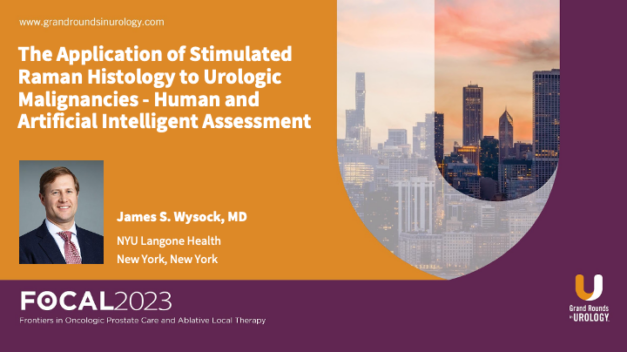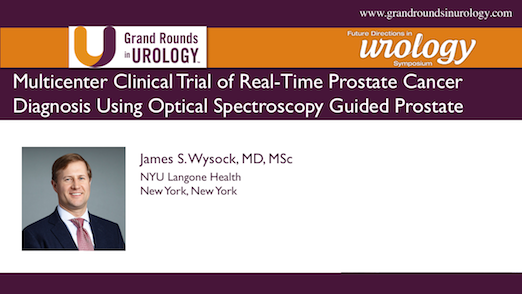Role of Whole Gland Ablation in Prostate Cancer
James Wysock, MD, MS, delves into the evolving role of whole gland ablation (WGA) in prostate cancer management, particularly in intermediate- to high-risk cases and challenging clinical scenarios.
In this 20-minute presentation, Dr. Wysock highlights specific patient profiles where WGA may be preferable, including those with prior pelvic radiation, contraindications to surgery or radiotherapy, or elderly patients seeking less invasive yet effective treatment. In the salvage setting, WGA offers a compelling alternative for local recurrences, achieving substantial cancer control while avoiding aggressive surgical or radiation options.
Technological advancements like TULSA and HIFU enhance WGA precision. Challenges such as recurrence rates and in-field failures underscore the need for meticulous treatment planning and expanded ablation margins.
Dr. Wysock advocates for trials to validate WGA as a mainstream option, particularly in patients who cannot undergo radical treatments. This approach aligns with evolving guidelines and patient preferences, underscoring WGA’s potential as a transformative option in prostate cancer care.
Read More



